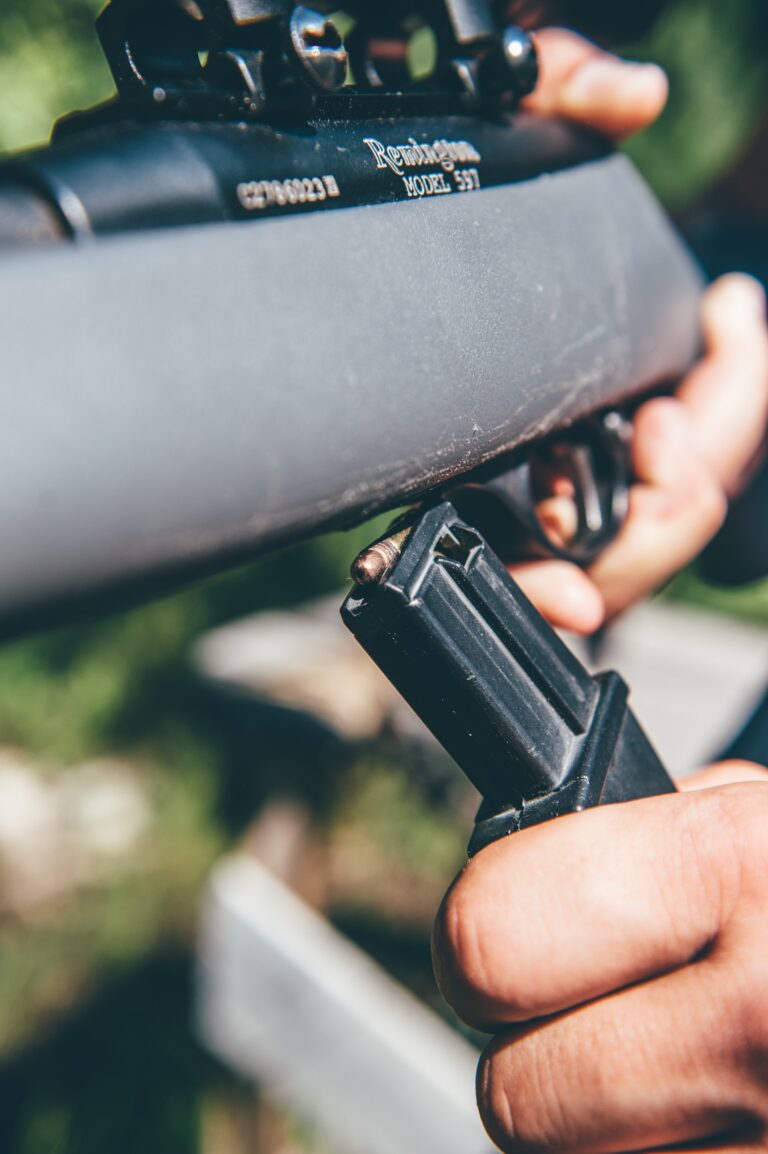What is the legality of guns and firearms in Canada?
In Canada, owning and using guns and firearms is legal, but it is heavily regulated. The Canadian Firearms Program (CFP) is responsible for managing the licensing and registration process, ensuring public safety, and providing information and resources to firearm owners. Firearms in Canada are classified into three categories: non-restricted, restricted, and prohibited. Non-restricted firearms include most ordinary hunting rifles and shotguns, while restricted firearms include handguns and some semi-automatic firearms. Prohibited firearms include automatic firearms and certain types of handguns.
How can one obtain a firearm licence in Canada?
To legally possess and acquire firearms in Canada, one must have a valid Possession and Acquisition Licence (PAL). To obtain a PAL, an individual must:
- Be at least 18 years old
- Successfully complete the Canadian Firearms Safety Course (CFSC) and/or the Canadian Restricted Firearms Safety Course (CRFSC)
- Pass the written and practical tests for the courses
- Submit an application form with the required documents and fees
- Undergo a background check, which includes a review of criminal, mental health, and addiction records
Once a PAL is obtained, it is valid for five years and must be renewed before expiration.
What are the laws and penalties surrounding gun usage?
Canadian gun laws are strict and designed to ensure public safety. Some of the key regulations and penalties include:
- Firearms must be stored unloaded and securely locked, with ammunition stored separately
- Transporting firearms requires proper storage and a valid transportation permit for restricted firearms
- Carrying a concealed weapon is illegal, and doing so can result in imprisonment
- Unauthorized possession of a firearm is a criminal offence, with penalties ranging from fines to imprisonment
What is the public opinion on guns and firearms in Canada?
Public opinion on guns and firearms in Canada is generally divided. While many Canadians support the right to own firearms for hunting, sport shooting, and self-defense, others believe that stricter gun control measures are necessary to reduce gun-related violence and crime. Gun control debates often arise in response to high-profile shootings and proposed changes to firearms legislation.
Which guns are commonly found in Canada?
The most common firearms in Canada include hunting rifles, shotguns, and handguns. Some popular models include:
- Remington 870 (shotgun)
- Ruger 10/22 (rimfire rifle)
- Glock 17 (handgun)
- Savage Axis (centerfire rifle)
What are the rules regarding air rifles and airsoft guns in Canada?
Air rifles and airsoft guns are generally not considered firearms under Canadian law, and do not require a licence to own. However, they must still be used responsibly and in accordance with local laws and regulations. Some municipalities have specific bylaws governing the use and possession of air rifles and airsoft guns, so it is essential to be aware of and follow these rules.
According to a 2018 report by the Small Arms Survey, there were approximately 34.7 firearms per 100 residents in Canada, ranking 18th in the world for civilian gun ownership. In 2020, there were 2,222,784 individual firearms licences in the country. The same report also states that the total number of registered restricted and prohibited firearms was 1,260,845.
The Canadian government provides several resources and services related to firearms, including:
- The Canadian Firearms Program (CFP) – manages firearms licensing, registration, and safety education
- The Firearms Act – the primary federal legislation governing firearms in Canada
- The Criminal Code – contains provisions related to firearms offences and penalties
- The Canada Border Services Agency (CBSA) – responsible for enforcing import and export regulations for firearms
For more information on gun laws and resources in Canada, visit the Royal Canadian Mounted Police (RCMP) website.
